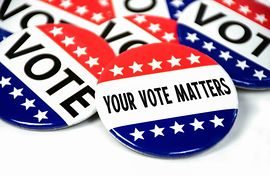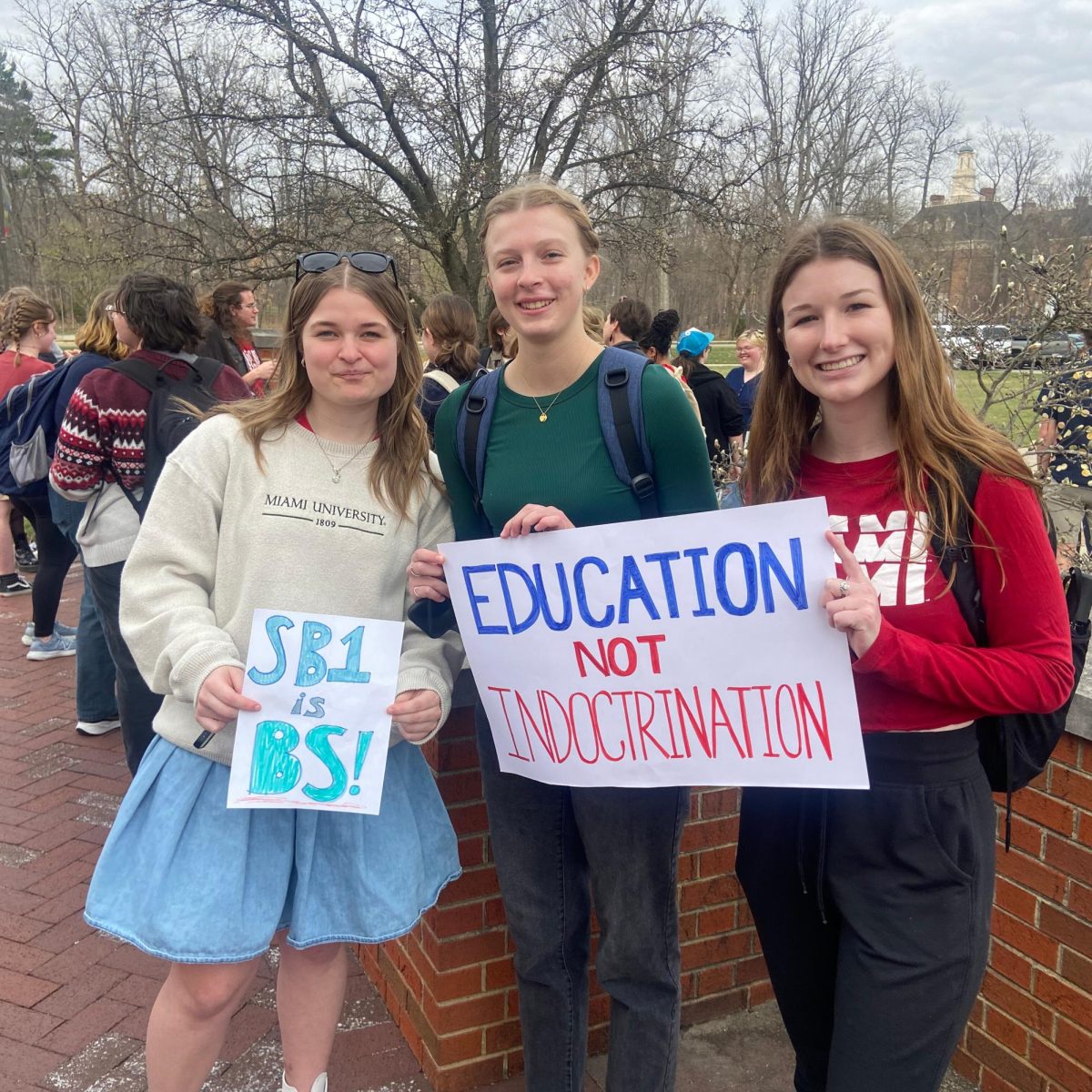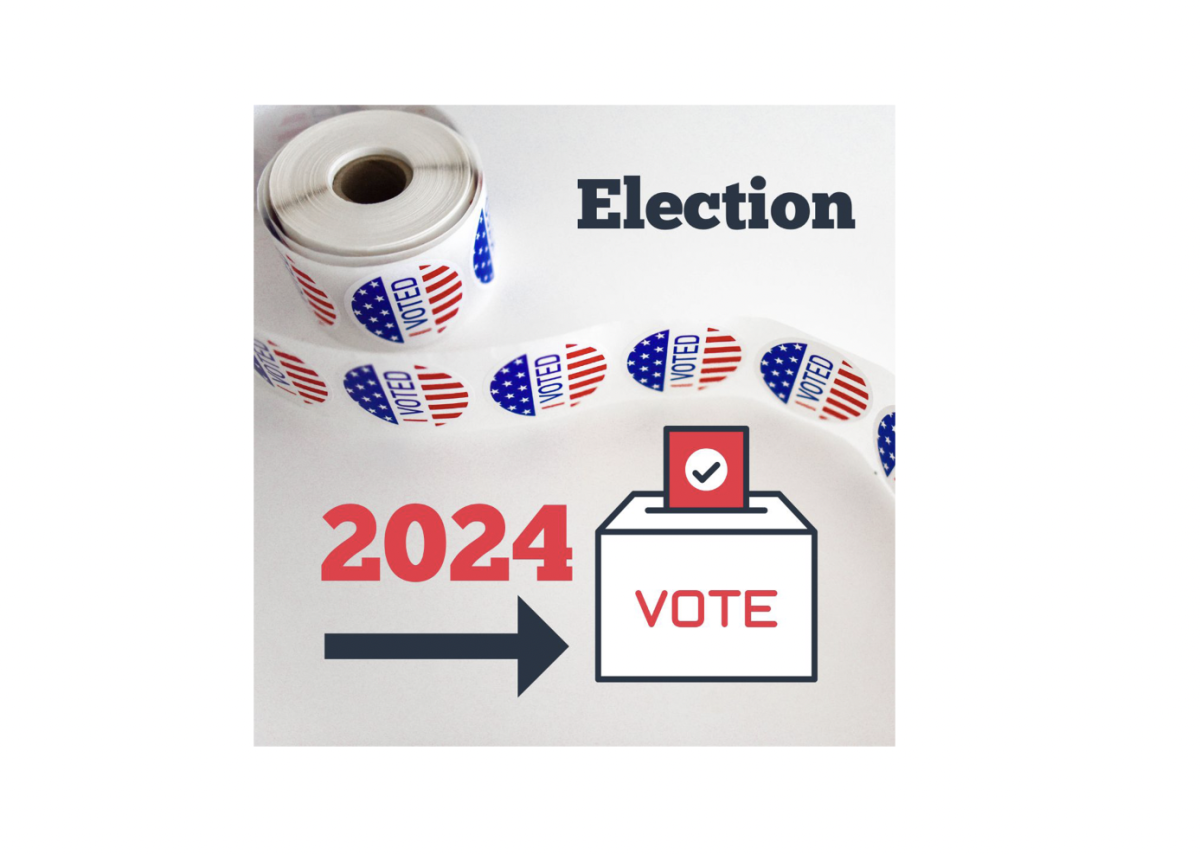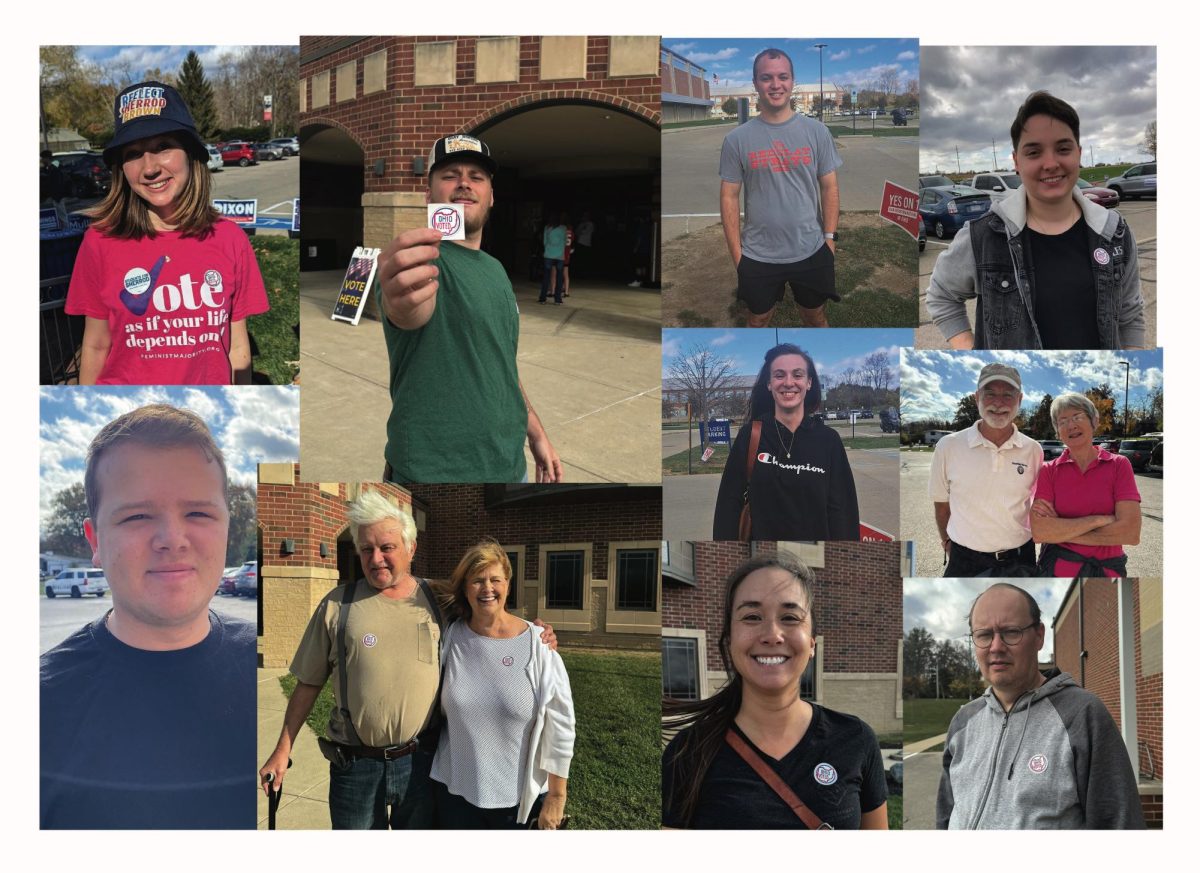As you can see from the colorful red, white and blue backdrop of this week’s edition of the Observer, it is election season.
If you have turned on a television in the past few weeks you will have noticed the ubiquitous campaign commercials. Often—too often—they feature some trash talk about an opposing candidate, followed by the candidate behind the ad intoning seriously, “and I approve this message.”
We at the Observer are neither approving nor disapproving the messages of any of the candidates or issues you see in this edition. We are not offering endorsements. What we are trying to do is simply present the candidates with their words and their issues for you to see and think about.
Nov. 6 is Election Day. It’s what we call a mid-term election, meaning it comes midway through the presidential term. Traditionally, it also means that many of you who have the privilege of voting simply won’t. That’s right, in the world’s greatest democracy, where you have the right to vote for any candidate you favor without worrying about somebody threatening you or punishing you for your choice, a lot of you who can vote, simply ignore the opportunity.
The excuses of non-voters range from “It doesn’t matter,” to “I don’t have time,” to “I don’t know anything about these candidates.” None of these are good excuses.
No, the mid-terms are not as exciting as presidential elections. The drama, the scope, and the money involved are muted in comparison. But they are hugely important.
It was former Speaker of the House Tip O’Neill who famously said, “all politics is local.”
By that, O’Neill meant that we are motivated by what happens to us personally. When we say we worry about unemployment, we mean we worry about our job. When we say we are concerned about taxes, we mean our taxes. We look at the world through our own eyes. We feel injustice through our own experiences.
Most of us will never come in contact with the president. But we may well meet up the candidates who are running for election this year. The commissioners, state legislators, congressmen and senators may also be our neighbors. They are the ones who decide issues that are close to home – our schools, our roads, the sales taxes tacked on to the things we buy – the local politics O’Neill was talking about. They are a lot closer to us than the White House, and usually, a lot easier to reach.
For those reasons, it is important to take the time to understand the races that are on the ballot Nov. 6, and to read and study what these candidates and issues are about. Are the candidates telling you what they are for, or just what they are against? Are they talking about issues that they would have the power to act on, or just issues that are politically inflammatory? Are they suggesting answers, or just pointing fingers of blame? Are they willing to answer voters’ questions and debate their opponents, or are they standing behind online mouthpieces that are easily manipulated and answerable to no one?
Take the time to read and educate yourself about who and what is on the ballot. Vote for whichever candidate or issue that you favor, but be sure to vote. Because whatever the outcome of these races, the results will touch you.
—David Wells is the editor of the Oxford Observer. He is a member of the faculty of Miami University’s Department of Media, Journalism & Film.






